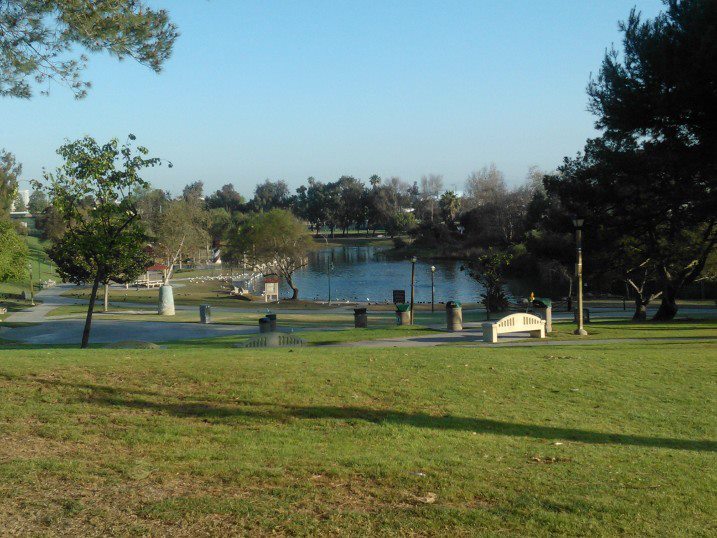I was 19, all ideals and bluster and lofty opinion. She was also 19, with an infant son, living at home, attending school and looking for work. We had spent the better part of the day on the job search, and had observed some other girls with their children while we were out applying for jobs at a nearby mall. They were hard not to notice, as they weren't wearing much, their children seemed oddly overdressed, and their conversations could be heard from 20 feet away. We said little at the time, just observed them quickly and looked away, so as not to be noticed, noticing them. Back at her house later that afternoon, the discussion turned to the girls at the mall, and others like them.
I remember launching into a tirade about how I wouldn't have allowed myself to be caught having a child with a man who wasn't going to be around, and how I would never stoop to being on welfare, and how I would conduct myself in public if my child were acting out, and all of the kinds of things you say when you are 19, have no children and in all honesty, really do think you know everything.
I remember her sitting quietly through my ranting, then fixing me with a steady look.
"Well that's good for you, but everybody ain't you."
I stopped talking (rare for me), and had to think about that. What made me think that I knew so much that what was good for me had to be good for everybody? Did I really have all the answers, or was I trying to separate myself from a situation I could have easily been in? Or was there something deeper at play?
"Everybody ain't you."
There is nothing positive or motivational about suggesting that someone is making excuses. It is an accusatory phrase that we use with children when chores or homework isn't done, or they have gotten into trouble they can't possibly explain. We probably shouldn't even use it then. But looking at the comments section of many news stories about the post, some people see it as motivating people either to prove her wrong, or to do whatever they need to do to look like her. Then again, the comments section of newspaper articles can be a sycophantic minefield of their own, especially when issues specific to women and body image are covered, but I digress...
As a society, we have developed a deep need to seek fault in others. If we can find a reason to look down on someone else, then maybe our faults aren't so bad. I mean you might be a pathological liar, cheater, terrible with money, etc, but at least you are not "______". (fill in the blank) Then, if we can hide our snarky criticism underneath a cloud of "concern" for the other person, we can even manage to make ourselves feel slightly better about the fact that we have just passed unfair judgement on someone. Telling someone something "for their own good", usually never is, and is only stated to make the teller feel better about themselves for having said it. And thanks to the anonymity of the internet, being nasty and judgmental is easier, and more readily spread across a wider spectrum of forums.
What would our world be like if we shifted our focus from ourselves to others? If instead of holding ourselves up as examples of what others should aspire to, we actually bothered to speak with (and actually LISTEN to!) them to understand and address their challenges. If rather than expecting people to get to where we are, and quickly, we would meet them where they are, then bring them up to where they would like to be, at THEIR pace, not ours. If we could move, as Robert Fulghum once stated from "Look at ME" to "I am seeing YOU".
What if instead of judging people using ourselves as a yardstick, we actually bothered to give them the benefit of the doubt that there might be more to their story than we know? What if we actually thought of people as people, not examples of what could possibly be wrong about ourselves? What if we saw people as individuals, rather than manifestations of our own insecurities? Would we be less judgmental then?
What if.....
What if.....


 RSS Feed
RSS Feed
